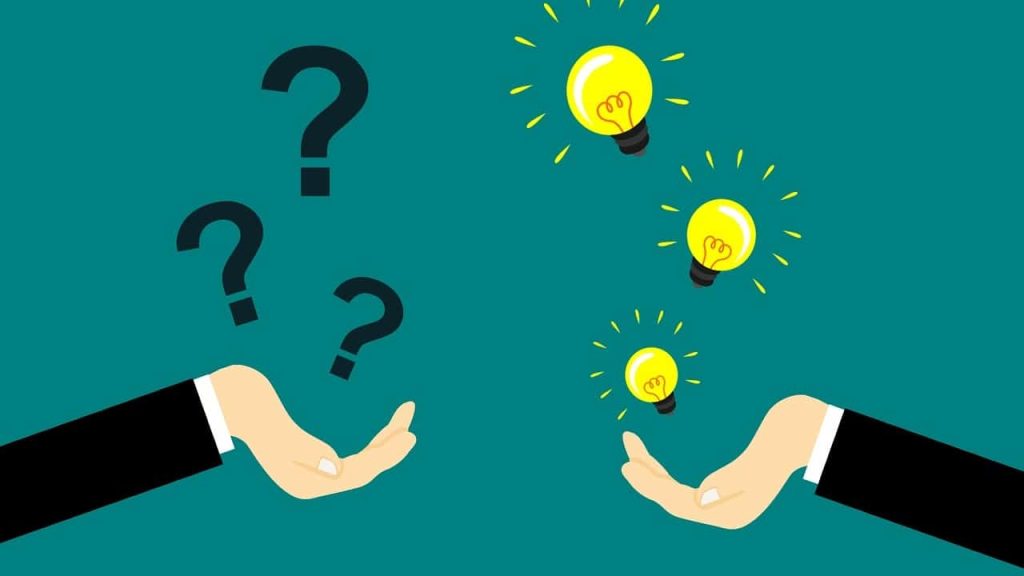Food Stamps, officially known as the Supplemental Nutrition Assistance Program (SNAP), help people with low incomes buy food. But can you use those benefits to get everything you need to stay healthy? One big question that often comes up is, can you use food stamps to buy vitamins? This essay will dive into whether food stamps cover vitamins and other related details to help you understand how SNAP works.
Can You Buy Vitamins with Food Stamps?
No, generally you cannot buy vitamins, supplements, or medicines with SNAP benefits. SNAP is designed to help people get nutritious food. Vitamins and supplements, while important for health, are not considered essential food items under the program’s guidelines. This means that when you go to the store and use your food stamp card, it won’t cover the cost of those items.

What Exactly Can You Buy with SNAP?
So, if you can’t get vitamins, what *can* you buy? SNAP is meant to help you get the ingredients to make healthy meals. You can purchase a wide range of food items at authorized stores.
Here are some examples:
- Fruits and vegetables (fresh, frozen, or canned)
- Meat, poultry, and fish
- Dairy products (milk, cheese, yogurt)
- Breads and cereals
- Seeds and plants to grow food
These items are considered essential for a balanced diet. However, things like pet food, alcohol, tobacco, and non-food items (like cleaning supplies) are not allowed.
Keep in mind that even food items have limits. For example, you can buy soda and candy with SNAP, but it’s always best to focus on getting healthy options.
Where Can You Use Your SNAP Benefits?
You can’t just use your food stamps anywhere. The stores must be authorized by the SNAP program. This usually includes grocery stores, supermarkets, and some farmers’ markets. The government makes sure these stores follow certain rules so that everything is fair.
To check if a store accepts SNAP, look for signs that say something like “SNAP Accepted” or “EBT Accepted.” EBT stands for Electronic Benefit Transfer, which is the card you use to pay with SNAP benefits.
Here’s a simplified table to give you an idea of common store types that accept SNAP:
| Store Type | SNAP Acceptance |
|---|---|
| Grocery Stores | Generally Accepted |
| Supermarkets | Generally Accepted |
| Convenience Stores | May Vary |
| Farmers’ Markets | Often Accepted |
It’s always a good idea to double-check with the store before you try to make a purchase, just to be sure!
Are There Any Exceptions or Ways to Get Vitamins?
While SNAP doesn’t directly cover vitamins, there might be some situations where you can get help.
First, remember that you can buy food that contains vitamins. For example, you can buy oranges (vitamin C) or milk (vitamin D). So, a balanced diet is still possible with SNAP.
Secondly, there may be other programs that offer help.
- WIC (Women, Infants, and Children): This program provides food and other support for pregnant women, new mothers, and young children. WIC might provide vouchers that cover certain nutritional supplements.
- Food banks and food pantries: These organizations sometimes offer free vitamins and other health-related items along with food.
- Doctors and Healthcare Providers: They can help you figure out if you need vitamins and suggest options. They might also have information on local programs that can help.
Check with your doctor or local social services for more information on these kinds of programs!
What About Other Health-Related Items?
Besides vitamins, it’s helpful to know what else you can and can’t buy with SNAP. The rules are pretty clear about what’s allowed and what’s not.
Here’s a quick rundown of items you cannot buy:
- Alcohol
- Tobacco products
- Non-food items (like paper towels or soap)
- Pet food
- Medicine and supplements (like vitamins)
However, you can buy:
- Healthy foods like fruits, vegetables, and lean protein.
- Seeds and plants to grow your own food.
SNAP’s focus is helping people afford the basics for healthy eating.
In summary, while food stamps are a big help for getting food, they don’t cover everything. Knowing the rules helps you plan your shopping wisely.